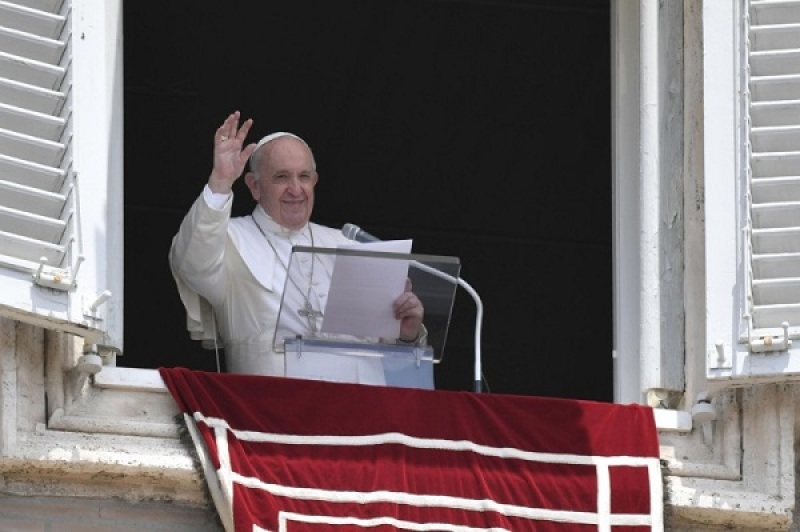
Pope Francis on Sunday invited everyone during his weekly Angelus to "offer up their struggles and suffering in favor of Christian unity."
Vatican News said the invitation comes in the light of the annual celebration of the "Week of Prayer for Christian Unity" that is held every January 18 to 25. The Week of Prayer for Christian Unity is an annual ecumenical observance in the Christian calendar and celebrated internationally where the faithful gather to pray every evening.
This year's theme focused on the experience of the Magi who came to Bethlehem from the East to worship the King of kings. In particular, this is inspired by the Biblical verse in Matthew 2:2, "We saw the star in the East, and we came to worship him."
"This week, we'd like to reflect on the text inspired by the Magi...we are on the journey towards unity. During this week of prayer, we also offer our sufferings for the unity of Christians," Pope Francis said after praying the Angelus.
According to Vatican's Pontifical Council for Promoting Christian Unity, the dates for the annual celebration was "proposed in 1908 by Paul Wattson to cover the days between the feasts of St. Peter and St. Paul" in the northern hemisphere "and therefore have a symbolic significance."
This also has a counterpart symbolic significance for the "southern hemisphere where January is a vacation time churches often find other days to celebrate the Week of Prayer, for example around Pentecost (suggested by the Faith and Order movement in 1926)."
The Pontifical council's reference material for the Week of Christian Unity invites all Christians to reflect on Matthew 2:2 during this celebration and during prayer. The reference material explained that the Magi saw the star they followed leading to Jesus as a "sign of hope" for it indicated "a gift," which is "God's loving presence for all humanity."
"To the Magi it was a sign that a king was born. With its rays, it leads humanity towards a greater light, Jesus, the new light who enlightens every person and who leads us into the glory of the Father and the splendor of his radiance. Jesus is the light who has come into our darkness when, by the Holy Spirit, he was incarnate of the Virgin Mary and became human," the Pontifical Council's Introduction To The Theme said.
"Jesus is the light who went even further into the darkness of the world when for our sake and for our salvation, he emptied himself and became obedient unto death. He did this to light our way to the Father, so that we might come to know the Father and know the love he has for us, who gave his only Son for us, so that believing in him we might not perish but have eternal life," it continued.
Accordingly, traditional commentators saw the Magi to represent diverse peoples and signifies "a sign of universality of the divine call" open to all to follow the star, Jesus Christ who is the True Light. The Magi also "reveal to us the unity of all nations desired by God."
"Christians are called to be a sign to the world of God bringing about this unity that he desires. Drawn from different cultures, races and languages, Christians share in a common search for Christ and a common desire to worship him. The mission of the Christian people, therefore, is to be a sign like the star, to guide humanity in its hunger for God, to lead all to Christ, and to be the means by which God is bringing about the unity of all peoples," the Pontifical Council's Introduction To The Theme emphasized.



















